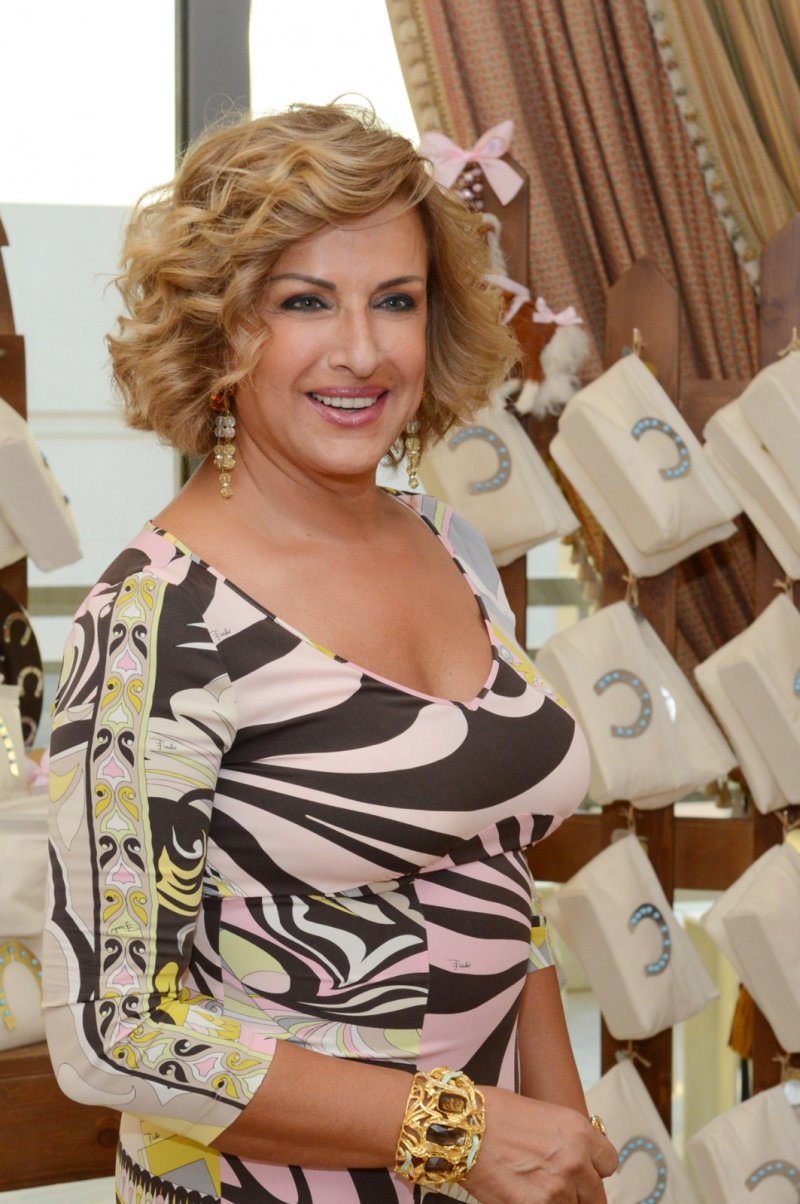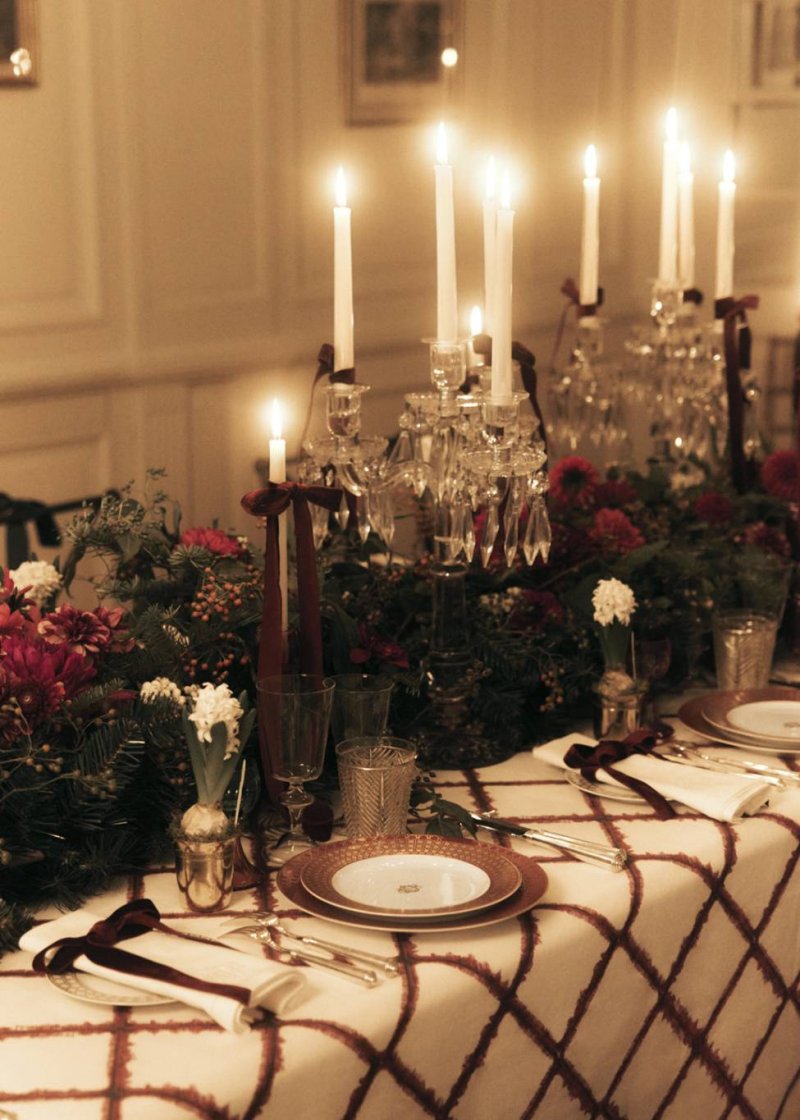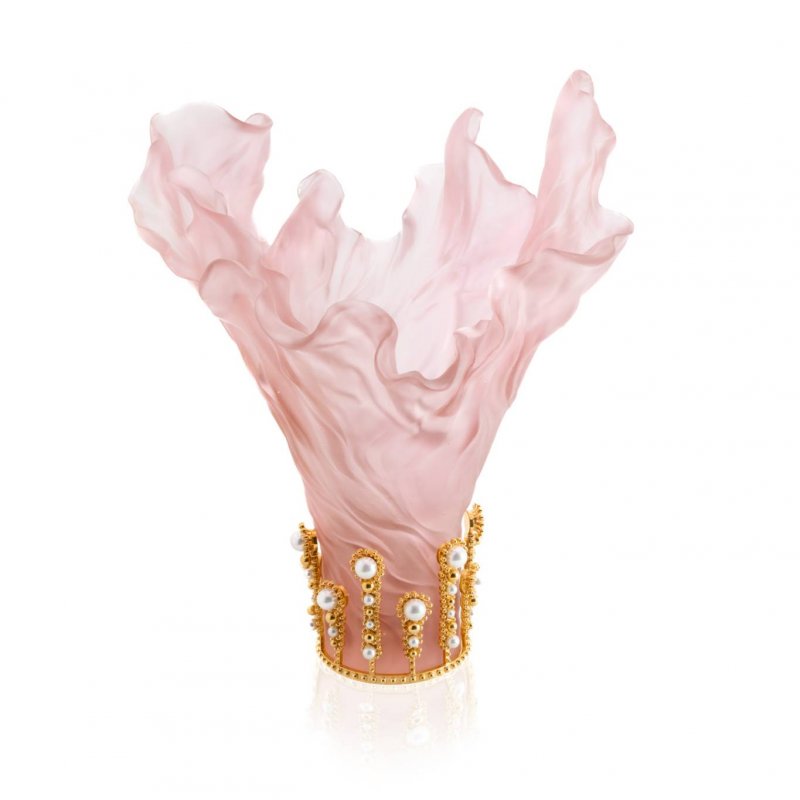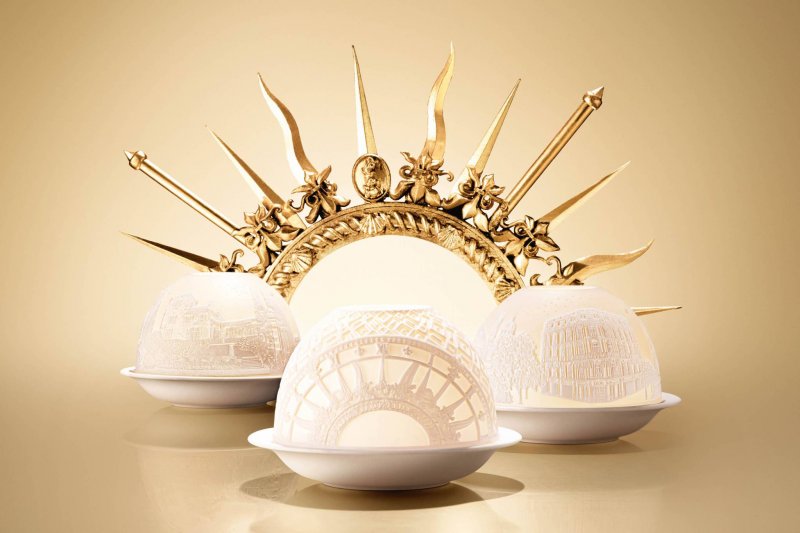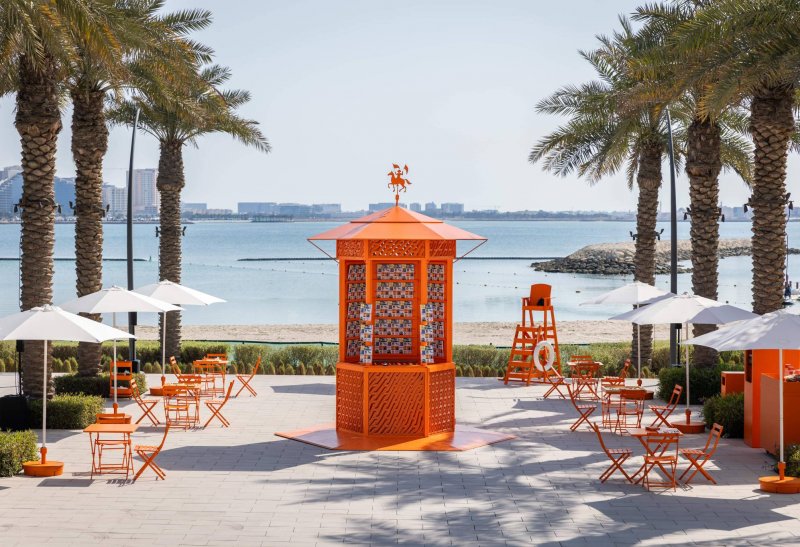After first telling her story on TV, Laila Ajam became one of the first Lebanese women to publicly count their battle with breast cancer in Lebanon. From this point onwards, she made it her mission to raise awareness whether through philanthropist activities or the extremely healthy lifestyle she leads. She has gone through this battle not once, but twice – proving that will is one of the most powerful weapons to live and stay healthy.
Our Pink October series of interviews continues with this inspiring story, as we got the chance to run a conversation with this strong woman.
Can you tell us about your journey and experience with battling breast cancer?
I lived in the USA for the past 46 years, and more specifically in Los Angeles, California. Back then, everything organic was becoming a trend. So, I used to eat organic products and live in Orange County where everything is clean and the weather is wonderful. I always used to get checked up, running a mammography and an ultrasound, and the state used to send us a reminder to run these tests through mail. Therefore, I got used to running these checkups on a yearly basis, eating healthy food, running, and living in a clean country. Then, we came back to Lebanon because the situation got better and continued to run the same tests and lead the same lifestyle. I even used to book a wellness trip to clean my body and, in my family, cancer wasn’t hereditary. So, I went to my yearly checkup and while the technician was running the mammography, he noticed an abnormality. And since it’s not his job to tell me what he saw, I went to my gynecologist to get the results and he told me that I have breast cancer. I was really surprised taking into consideration how much I take care of myself and how healthy I am. This is how I got diagnosed with breast cancer and it was at Stage 3. I got treated and I was diagnosed again with breast cancer 15 years later. My treatment was through a medication that I used to take and it is usually consumed by cancer patients for 5, 7 or 10 years. It caused me pain in my bones after 5 years of consuming it until I couldn’t take it anymore so my doctors in the USA and Lebanon told me that I can stop. The following 15 years were great, and when Covid happened, I didn’t get checked up because we couldn’t travel to run my tests in the USA and in Lebanon, the hospital didn’t prefer running tests of that kind because of the situation. As soon as I was allowed to get my checkup done, I went to run my regular tests – not that I was feeling any pain or abnormalities. That’s when the doctor told me that he noticed something. That’s when I was told that my cancer was back so we had to get a mastectomy. A part of my breast was previously removed and I used to cope with this but this time, the surgeon told me that we had to completely remove it and two days before my surgery, I took the decision to remove both my breasts. Because my MRI was clean, the insurance didn’t cover the mastectomy of the second breast and yet, I insisted on removing it at my own expense. Two weeks after my surgery, I went to get checked up by my doctor and he told me that while removing my second breast, he noticed that it was starting to get cancer and because the cancerous cells were too small, they weren’t detected by the MRI.
What were some of the biggest challenges you faced during your treatment?
The biggest challenges were the pain one goes through, the medications that change your body and your hormones, the mood swings… Sometimes, I woke up wanting to cry, didn’t want to see anyone… Even the fact of accepting myself as a patient was a challenge. I went through a lot. The first time I got sick 15 years earlier, no one used to speak about cancer. I dealt with how people used to look at me… Sometimes when I used to take the elevator, no one wanted to accompany me because they used to think that it was contagious. People used to point at me and secretly gossip about me.
How did your perspective on life change as a result of your battle with breast cancer?
I am already a person who loves life, and now I love it even more. I go out and have fun as much as I can. I also help a lot of people and although seeing them sick and in need makes me sad, it also gives me satisfaction and joy to help them. When I help them and see the smile on their faces, I feel happy and satisfied.
What kind of support did you receive from your friends, family, and medical professionals throughout your journey?
I am blessed for having good doctors, an incredible family and wonderful friends. Every time my friends used to hear about a beneficial vegetable or natural remedies, they used to share with me this information and send me some. They used to look at me in a good way. In sickness, even if some people are not friends with you, they wish you wellness. They were all my biggest support. For this exact reason, I think that when one gets sick, they shouldn’t hide. They should accept the help that others offer and the positive thoughts they share. In sickness, one becomes like a baby receiving the love and care of those who surround them. In the USA for instance, patients pay money to be surrounded by people who encourage them and take care of them. Even if you’re not able to go visit a sick person, you can always send a message, a flower bouquet or something to show them that you care and you’re thinking about them.
Were there any specific coping strategies or activities that helped you maintain a positive mindset during your treatment?
First, I was surrounded by people who didn’t make me feel that I was sick and this was very helpful. I used to style the scarves on my head and do my makeup as usual. After encountering people who secretly gossiped about me, I used to go back home and tell my husband that what I was going through was just a phase and I was going to heal, what about these people who can’t get rid of their negative attitude?
Can you share any advice for others who are currently fighting or have recently overcome breast cancer?
My first advice to every woman would be to lead a healthy lifestyle and run yearly checkups, even if she doesn’t feel any pain or notice any abnormalities. If you’re fighting breast cancer, keep in mind that this is only a phase that you are passing through and you will heal. Avoid negative thoughts. Each cancer patient has their own case and yours isn’t necessarily similar to theirs. At the end of the day, it’s God’s will that will prevail but we can try our best. Listen to your doctors and follow their instructions. You should also feel comfortable with your doctors and love dealing with them. As for those who are surrounding a sick person, try to lighten the burden on them as much as you can.
Article Written by Mirella Haddad






